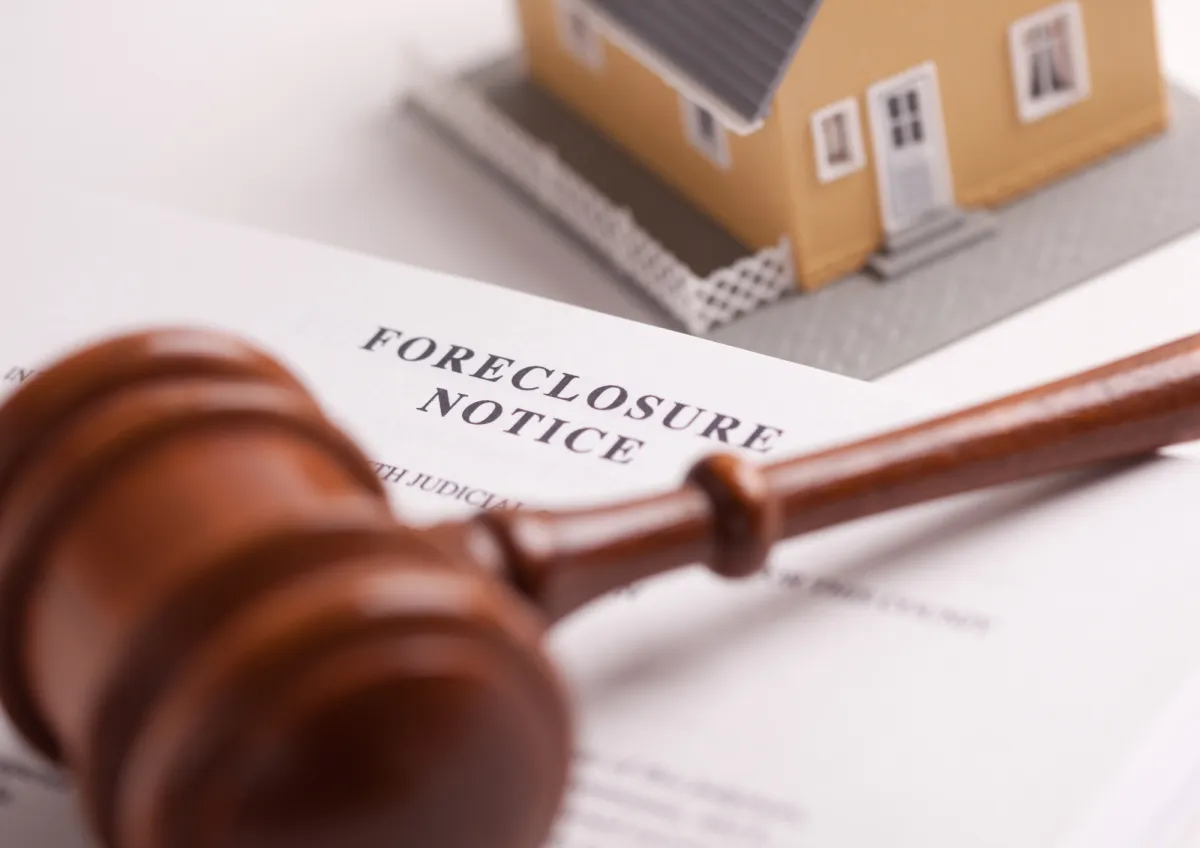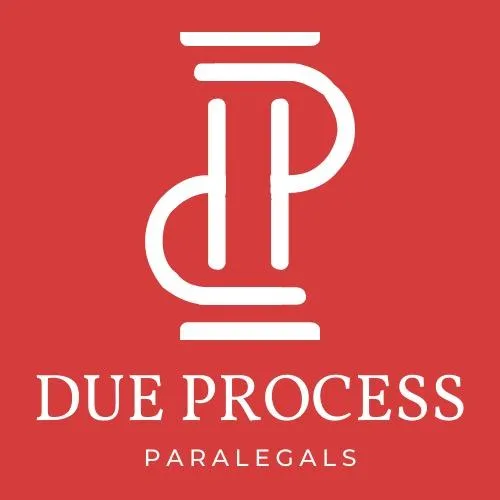CASE STUDIES
Unveiling Legal Success: Delve into Case Studies with Our Comprehensive Blog Review - Your Source for In-Depth Insights into Real-World Legal Outcomes and Strategies.

Rahman Continues To Demonstrate The Divergence In Decisions Recognizing Strict 22 NYCRR § 202.48 Compliance in Foreclosures In The Second Department
Introduction:
The recent ruling in U.S. Bank Trust, N.A. v Rahman by the Second Department has shed light on a significant shift in the interpretation of 22 NYCRR § 202.48 in mortgage foreclosure cases. This decision diverges from the court's previous stringent application of the rule, as it upheld the denial of a motion to vacate a foreclosure decision despite the judgment being entered 48 days past the 60-day settlement deadline. This departure raises concerns among New York foreclosure defense attorneys about the potential relaxation of the strict compliance standard. Let's delve into the details of the Rahman case and explore its implications for future foreclosure litigation.
----------------------------------------------------------------------------------------------------
The recent Second Department ruling in U.S. Bank Trust, N.A. v Rahman 2023 NY Slip Op 03814 (July 12, 2023) is another case that ignores strict compliance with the 60-day settlement deadline under 22 NYCRR § 202.48 in mortgage foreclosure actions. This decision continues a line of decisions that depart from the court's stringent application of 202.48 in others.
In Rahman, the Second Department upheld denial of a post-judgment motion under 202.48 to vacate a foreclosure decision directing “[s]ubmit order” and the subsequent judgment entered 48 days past the 60-day deadline. The court reasoned the small delay did not contravene the purpose of expediting cases and preserving court resources.
This holding diverges from the Second Department's strict enforcement of 202.48 in other recent foreclosures. In LaSalle Bank v. Benjamin 164 A.D.3d 1223; 83 N.Y.S.3d 592 (2018), the court deemed a bank's summary judgment motion abandoned for failure to timely submit a proposed order under a “settle order” directive. The court noted “settle order” requires notice absent good cause for delay.
Similarly, in Aurora Loan Services v. Yogev 194 A.D.3d 994;144 N.Y.S.3d 609; 144 N.Y.S.3d 609 (2021), the court granted a motion to vacate a foreclosure summary judgment order under 202.48 where the plaintiff missed the 60-day deadline. The court held "settle order" necessitates compliance with submission and notice procedures.
In contrast to Rahman, these cases resulted in abandonment under 202.48 due to even small delays and lack of excuse. Rahman appears more lenient by upholding denial of vacatur despite noncompliance with the 60-day mandate. The different outcome suggests relaxed application of the rule.
Further contrast is found in Bove v. Bove 189 A.D.3d 1151, 134 N.Y.S.3d 250 (2020), where the Second Department enforced 202.48 to dismiss a divorce action based on a four-month delay in settling an order. Rahman seems divergent in accepting a similar 48-day delay in foreclosure litigation.
In sum, Rahman supports a less strict interpretation of 202.48 in mortgage foreclosures. This departs from the Second Department's prior stringent approach considering foreclosure motions abandoned for noncompliance absent strong reasonable excuse. Time will tell whether Rahman represents a continuing trend of relaxing the application of 202.48 in foreclosure cases.
If you are a New York foreclosure defense attorney concerned about the potential relaxing of the strict compliance standard in 202.48, contact Due Process Legal Solutions today. Our experienced team can help devise and implement strategies to help overcome the eroding standards and protect your client's rights.
Visit us on:

©2023 Due Process Paralegals All Rights Reserved.
The content, design, and graphics on this website are protected by copyright law. Unauthorized reproduction or distribution of any materials on this website without the prior written permission of Due Process Paralegals is strictly prohibited.
All trademarks, service marks, and trade names displayed on this website are the property of Due Process Paralegals or their respective owners. Use of any trademarks, service marks, or trade names on this website without the express written consent of Due Process Paralegals or the respective owners is prohibited.